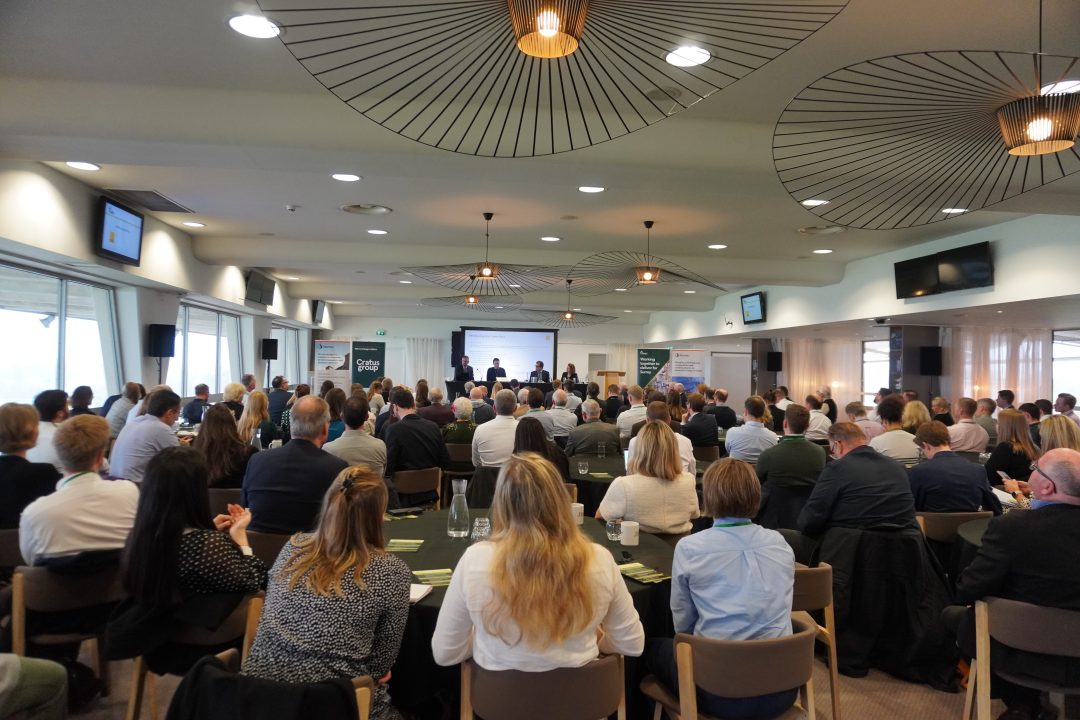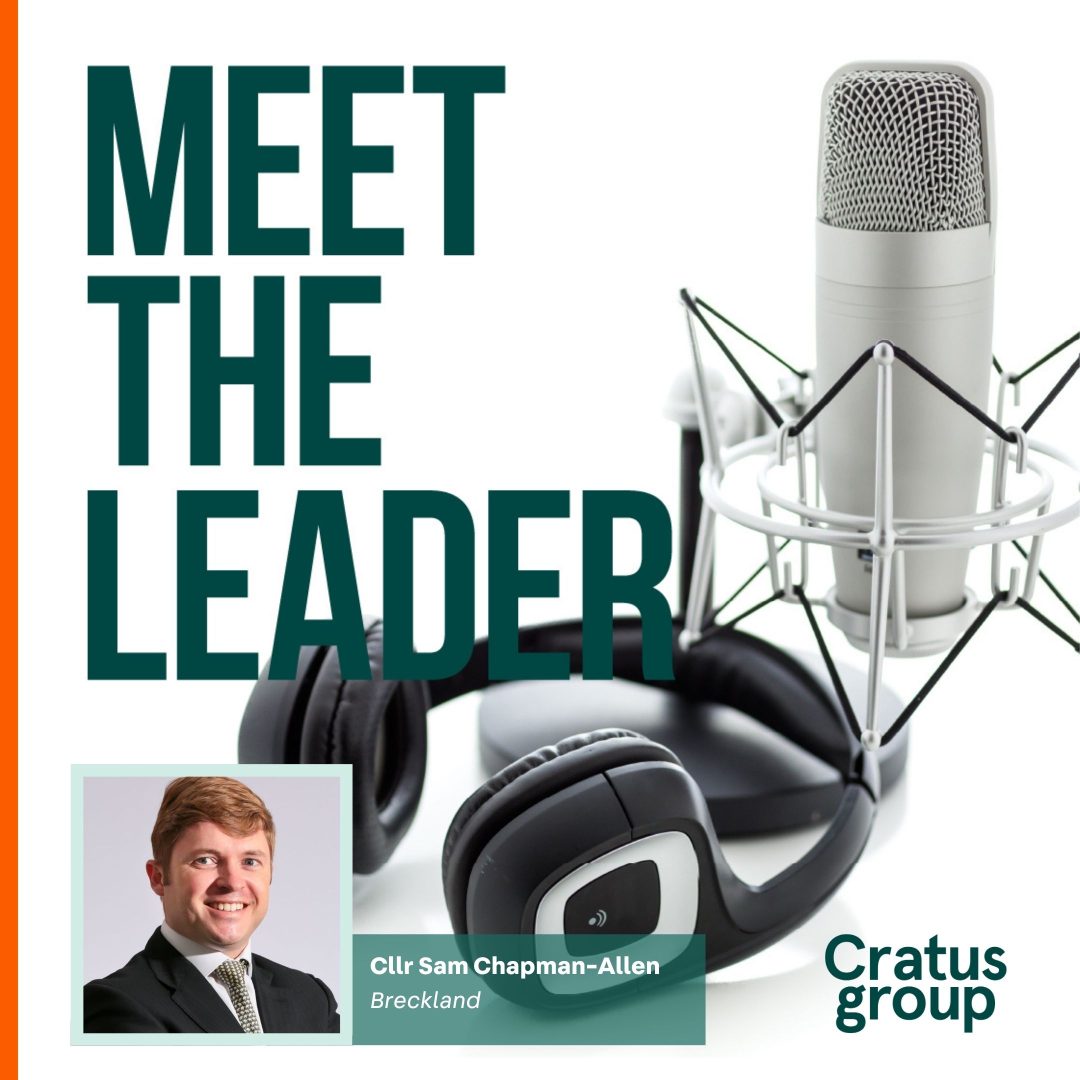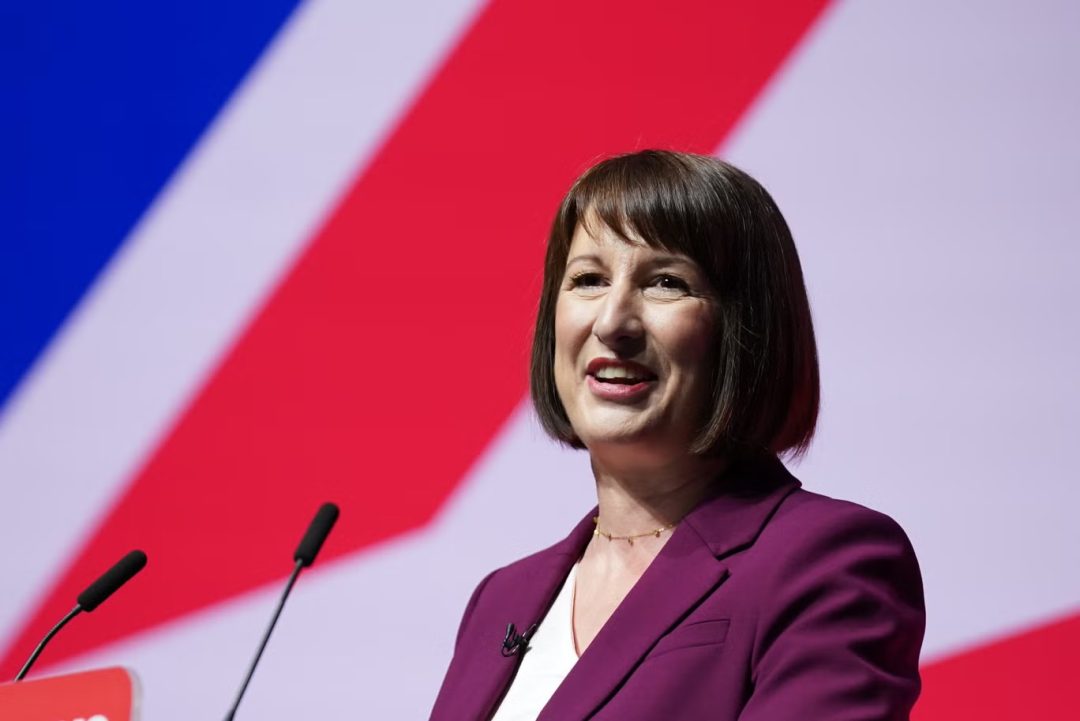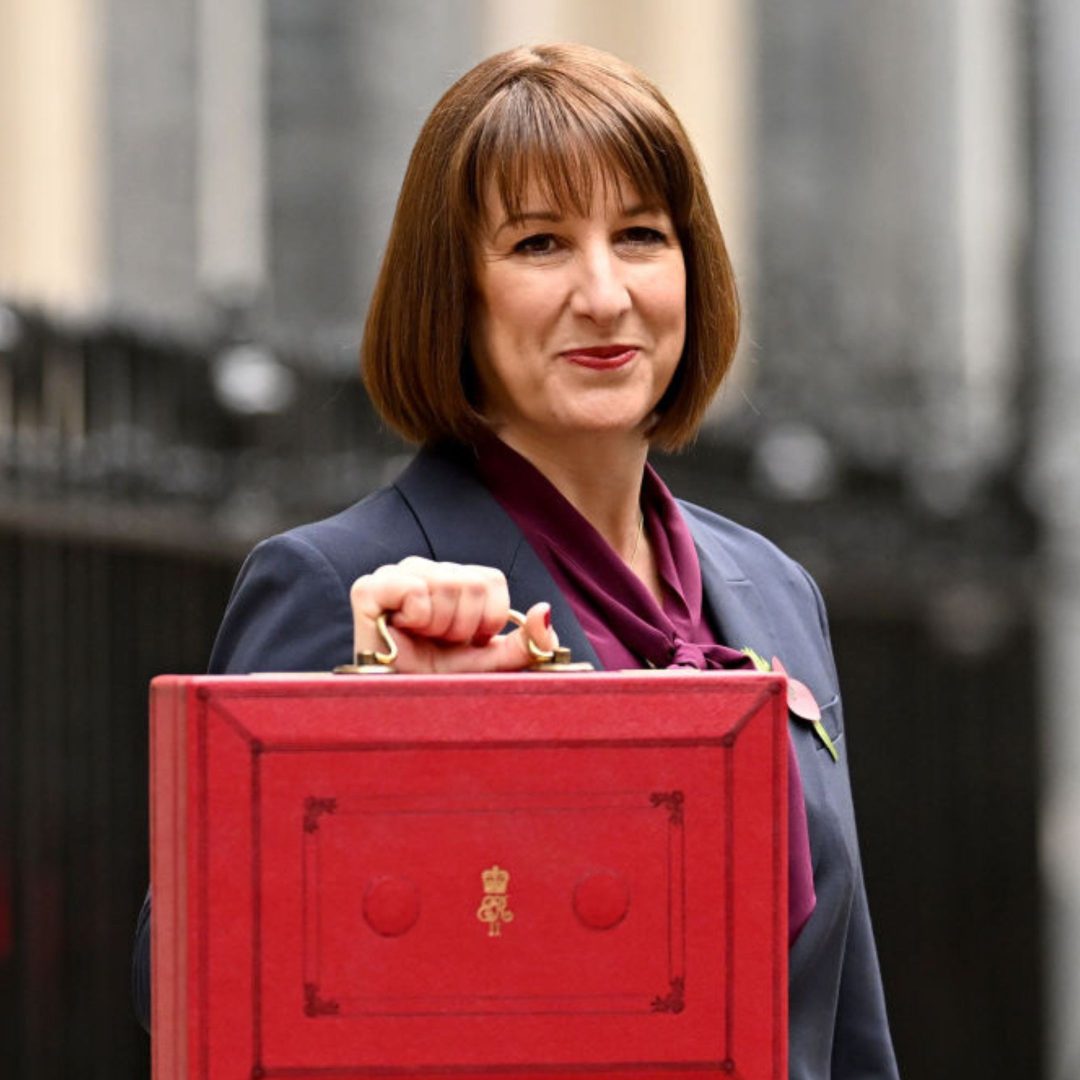A tale of 3 conferences
Party conference season has drew to an end in Birmingham as an ocean of navy blue suits headed out of the ICC on Wednesday.
Over the past three weeks the Cratus team has been to the Liberal Democrat conference in Brighton, the Labour conference in Liverpool and finally the Conservative conference in Manchester. It’s been a whirlwind – at times literally as the weather gods did not shine on Liverpool or Birmingham (the sun always shines in Brighton) – but as ever it’s been a valuable experience.
My colleagues Charlie, James and Nicola have summarised each of their own parties’ conferences and given their impressions. It’s just left to me to offer up the comparison between the three.
Conservative Party Conference
This year’s Conservative in Conference in Birmingham was widely expected to be poorly attended by business, members and those who suffered defeat in July. Many have been surprised by how positive the atmosphere was, with a good turnout and a sense of celebration. After 14 years of the Conservatives overseeing the tough decisions, the pressure is at least temporarily off their shoulders.
The official focus was firmly on the future leadership of the party, with even Rishi Sunak leaving Birmingham on Sunday in a break with tradition. Some understood why the temporary Leader of the Opposition took this approach, others saw it as him not fully seeing out his duties.
The chance to hear from all four leadership candidates meant the membership were there in force, with scores of people circling the leadership stands for the free Americanesque merchandise. Having a chance to set the tone and direction of how the Conservatives lead the opposition in Parliament should of course be exciting for members, but when the next leader is elected and attention turns away from the circus surrounding the contest, there is a good chance the current goodwill amongst members, business and those listening might fade.
The escalating conflict in the Middle East put sharply into focus the reality of the situation that the current Government faces and lack of control the Conservatives now have. Now conference is over, the Party will have no choice to face this reality and find their place again.
Nicola Richards, Public Affairs Director
Labour Party Conference
Labour conference has in recent years become a workshop for discussing the challenges the UK faces and exactly how it’s the (Tory) Government’s fault. Much of the party faithful appeared slow to wake up to the fact they are the Government and that, to quote a phrase, “there is no magic money tree”.
It was clear that many, including members of the cabinet, were not privy to the details of future funding for their departments. The most often heard phrase from Labour politicians was “I’m not going to write the budget here today but…” followed by a well rehearsed pitch for what they would want the Chancellor to say on 30 October. The combination detailing the scale of the difficulty Labour now face with the uncertainty of exactly ‘how’ remedies will be achieve had the conference feeling a little flat.
The torrential rain and the influx of corporations and consultants (Cratus has always been going since before it was cool) may have contributed more to this sentiment. Or maybe that less than triumphant mood was the party was waking to the notion that we are, already, at the end of the honeymoon.
James Goldstone, London Planning Director
Liberal-Democrats Party Conference
Labour conference has in recent years become a workshop for discussing the challenges the UK faces and exactly how it’s the (Tory) Government’s fault. Much of the party faithful appeared slow to wake up to the fact they are the Government and that, to quote a phrase, “there is no magic money tree”.
It was clear that many, including members of the cabinet, were not privy to the details of future funding for their departments. The most often heard phrase from Labour politicians was “I’m not going to write the budget here today but…” followed by a well rehearsed pitch for what they would want the Chancellor to say on 30 October. The combination detailing the scale of the difficulty Labour now face with the uncertainty of exactly ‘how’ remedies will be achieve had the conference feeling a little flat. The torrential rain and the influx of corporations and consultants (Cratus has always been going since before it was cool) may have contributed more to this sentiment. Or maybe that less than triumphant mood was the party was waking to the notion that we are, already, at the end of the honeymoon.
Charlie Murphy, Planning Account Manager
If I were to offer up one-word descriptions I would pick ‘giddy, ‘gloomy’ and ‘liberated’. For the first time in nearly ten years the Liberal Democrats have real clout in Parliament to ally with the big gains that they have made to re-establish their local government base since the nadir of the coalition government.
The contrast between Labour and the Conservatives was genuinely interesting. A neutral observer who didn’t know better would have been convinced that it was the Labour Party who had just suffered their biggest election defeat in a century and that the Conservatives had won. The post-election celebrations were short-lived for Labour. The hard grind of government has hit earlier and some of the communications mistakes made in the run up to the conference had clearly lowered the mood among the party faithful. The Tories on the other hand seemed liberated from those same travails and the leadership election gave the conference an area of focus.
Once the MPs have all returned to Westminster normal service will soon resume. Starmer’s Labour still has a gigantic majority. The opposition parties will be seriously outgunned in the chamber and on the select committees. There will be no prospect of inflicting embarrassing defeats on the government. The Budget will sail through although there is likely to be some discontentment among the Parliamentary Labour Party which is inevitable with such a large cohort.
Over the following months the only prospect for the opposition parties to inflict any damage on the government will come in by-elections and the local elections next May. The Conservative Party has a big decision to make now over who they elect as
leader. Pick the wrong candidate and it really could be game over for them*.
For those of us in public affairs the Labour government is still the big focus of our work but the Liberal Democrats and Conservatives certainly gave us some food for thought and they are rejuvenating. Both parties have a strong local government base too. Conference season is always a highlight of the public affairs world’s year. This year was no different.
*Cratus Group obviously should not and does not support or endorse candidates for any election but as a card carrying member of the Conservative Party I do have a view. The next leader of the Conservative Party should be James Cleverly. Over the conference weekend Cleverly clearly gained the most momentum and showed that he can offer enthusiasm and is best placed to take the Conservative Party back into a position where the public might offer the benefit of the doubt once again.








